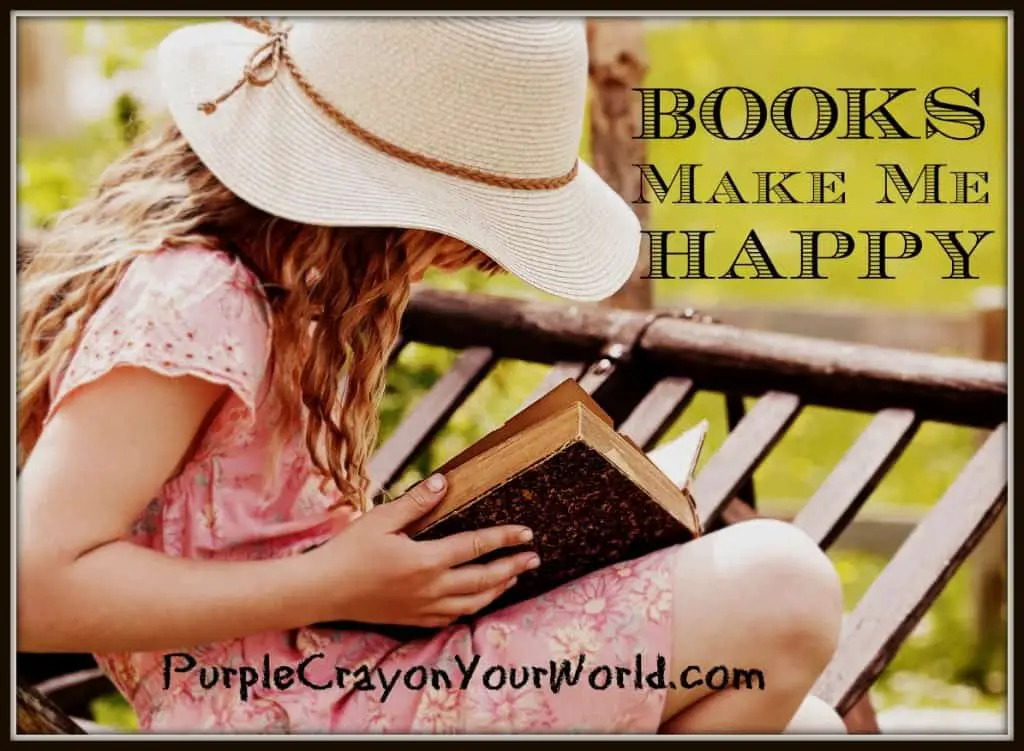
Reading is my survival strategy.
Stress is real and relentless. Reading opens the door to escape. It provides a change of scenery that is vital to my survival. Reading lowers my stress.
Come to find out, research shows that reading lowers stress better than other traditional approaches.
How does reading lower your stress?

1. Reading absorbs the mind, pushing away anxious or fearful thoughts
Your mind literally escapes to another world.
Researcher and cognitive neuropsychologist Dr David Lewis stated:
“Losing yourself in a book is the ultimate relaxation. It really doesn’t matter what book you read, by losing yourself in a thoroughly engrossing book you can escape from the worries and stresses of the everyday world and spend a while exploring the domain of the author’s imagination.”
Stress comes from negative thinking about your current situation.
Reading breaks that negative thinking cycle, by distracting you from your present circumstances.
Sometimes taking a break from your own life is just what you need. Reading gives you a chance to “get away” even if you can’t get away. It’s a mini-vacation.
Who couldn’t use more vacations? What a great way to deal with stress. Take more vacations.

The real trick is to choose reading material that is a panacea not an extra stressor.
Americans typically like stories with happy endings. We want everything to turn out okay and we want justice served. We want the good guys to win and the bad guys to suffer. That feels satisfying. Especially if it’s not working out that way in our lives right now.
Meditating on happy endings lifts our mood and lowers stress.
2. Reading relaxes the body, slowing the heart rate and easing muscle tension
Reading is more effective at reducing stress than other approaches.
A study at Mindlab International at the University of Sussex found that reading reduced stress better than other traditional approaches, including a cup of coffee or tea, taking a walk, or listening to music.
A slower heart rate and reduced muscle tension was reported in as little as 6 minutes of reading according to the study.

There’s a wide range of books to read, from taxing to effortless.
I’ve found that easy reading is the best bet during stressful times. Without any concentration to follow the plot line or the characters, pages flip at warp speed and the process is as effortless as floating.
3. Reading eliminates social anxiety by low risk involvement
At the root of social anxiety is the worry about being judged by other people.
Reading allows you to be an invisible observer to another world. The fears of personally interacting with people no longer exist. You can vicariously enter and escape that world unscathed.
At the same time, you can identify with the characters you read about.
Involvement in the story is a very low risk involvement.

4. Reading encourages emotional expression by identifying with the players, fictional or real
We connect with a story at an emotional level. We transcend reality when we get lost in a story. There’s a real sense of “coming back” to real life when the story’s over. Because, for a while, we were there with the players. Seeing through their eyes. Feeling their emotions.
Real grief can be expressed by identifying with characters who touch you emotionally. Sometimes it’s a relief to be able to express grief that you’ve been carrying when a story touches you.
On the flip side, successes, wins and triumphs can be enjoyed vicariously. We love the hero’s journey. How much better when he’s an everyman like Bilbo Baggins– little leery, a little anxious, a little tethered to the comforts of home. But, he timidly accepts adventure and flexes his courage muscles. At each bend in the road, he becomes stronger. We feel it. We celebrate his ultimate success because we have been there every step of the way.
The same dynamic can happen with non-fiction as well, such as a celebrity memoir or based on true facts account.
Reading about characters and real people who solved problems helps us believe we can solve the problems in our lives.
That increases the optimism in our lives. It makes our thoughts happier. It makes our self-talk happier.
We can literally renew our minds by thinking about uplifting stories. And we can control our emotional state by regulating what enters our minds. And we can consciously choose our books to lift our mood.
We can orchestrate our own emotional state.
Now that’s power.
5. Reading unlocks the most powerful vehicle for learning: story

Story is the door.
The magic door that unlocks the imagination and emotion.
Through that door we embark on our personal journey.
We transcend time and leave our lives behind.
We walk with the hero. We follow the guide. Our hearts beat faster as we feel the fear. We feel the despair. Our cheeks are wet with sympathetic tears.
But then. We conquer the dragon. We exhilarate in victory.
We come down from the mountain, we pass through the door and return to our own lives.
But we bring the courage with us.
It creates within us a hope that we can conquer the dragons in our world.
That’s the power of story.
6. Reading stimulates the mind with dopamine hits from learning new things
Research shows that introducing new information to the brain results in a dopamine hit.
Dopamine produces a natural high that makes you feel better. Learning new things is exciting. Reading is a great way to learn.
Increase your dopamine hits by consistently having a To Be Read stack of books featuring new things you want to learn.
How does reading help you lower stress?
PS Looking for a place to start? Check out 8 Stand Out Novels to Rekindle Your Love for Reading and 9 Stand Our Memiors That Will Inspire You.

